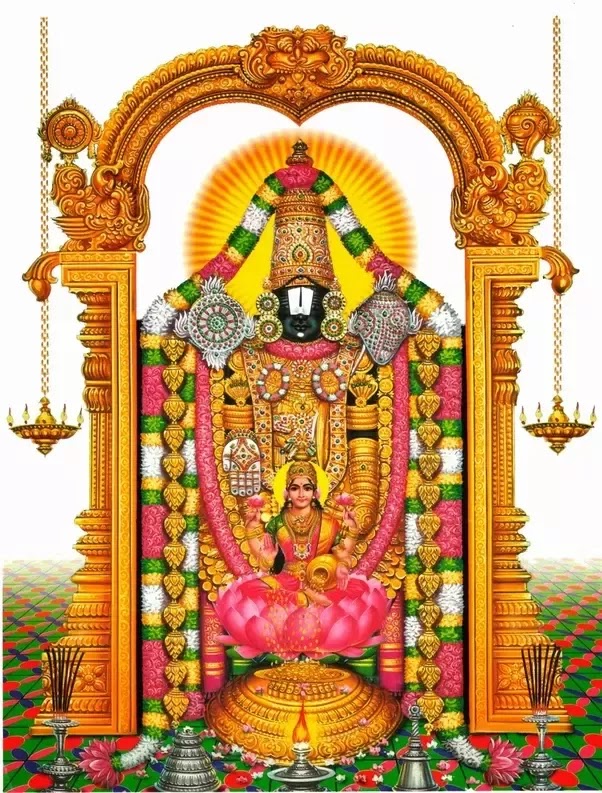Commentary on the Bhagavadgita - 12- 5. Swami Krishnananda.
--------------------------------------------------------------------------------
-------------------------------------------------------------------------------
Friday, September 17, 2021. 8:10. AM.
Discourse 12 :THE FIFTH CHAPTER CONTINUES :
THE CHARACTERISTICS OF A PERFECTED PERSON : 5.
-------------------------------------------------------------------------------
Tatparāyaṇāḥ is always eager to attain That. Day in and day out we brood over the possibility of this supreme attainment: “When shall I get it, when shall I get it, when shall I get it?”
You can go on chanting this mantra: “When shall I get it, when shall I get it, when shall I get it, when shall I get it?” This little sentence is also a recipe for bringing the mind back to the point of concentration on That. Eagerness to receive that Being into ourselves, eagerness to unite ourselves with that Being is tivra vairagya, intense detachment towards the world of objects. It is tivra samvega, or intense ardour to unite oneself with God.
This is a word used in Patanjali’s sutra—t?vrasa?veg?n?m ?sanna? (Y.S. 1.21): God is near to you to the extent you are eager to attain Him. Tatpar?ya??? means one who is intensely eager to reach That, and his ardour is burning like a flame.
-----------------------------------------------------------------------------------------------------------------------
Gacchantyapunarāvṛttiṁ :
Such persons, having attained immortality, will not return to this world of mortality.
ñānanirdhūtakalmaṣāḥ:
On account of their being purified through the highest knowledge, they do not get reborn into this world of bondage and limitations. Immortality is attained.
--------------------------------------------------------------------------------------------------------------------------
Ihaiva tair jitaḥ sargo yeṣāṁ sāmye sthitaṁ manaḥ, nirdoṣaṁ hi samaṁ brahma tasmād brahmaṇi te sthitāḥ (5.19) :
One may be said to have attained God here itself, just now, provided one is free from kama and krodha, desire and anger. These are the obstacles that prevent us from a consciousness of our proximity to God, and create a wrong notion that God is away from us. Rebirth is conquered by people just now, here itself.
----------------------------------------------------------------------------------------------------------------------
Ihaiva tair jitaḥ sargo yeṣāṁ sāmye sthitaṁ manaḥ :
Those whose minds are perfectly harmonised inwardly as well as outwardly, and who live in a state of perfect balance within themselves as well as in relation to the outside world, are free from loves and hatreds; and, therefore, there is nothing in them which will cause rebirth. In that sense, we may say, they are selected for immortality. They shall not be born again.
-----------------------------------------------------------------------------------------------------------------------
Ihaiva tair jitaḥ sargo yeṣāṁ sāmye sthitaṁ manaḥ, nirdoṣaṁ hi samaṁ brahma tasmād brahmaṇi te sthitāḥ :
Spotless is the Supreme Absolute; the highest purity is God Almighty. That being the case, those who are perfect in their purity of consciousness, those who are free from the distractions characterising the mind, are automatically established in Brahman. The attainment of God is not a future possibility. It is an eternal acquirement just here and now. God is not in time and not in space. Therefore, there is no distance between us and God. Therefore, there is no tomorrow for God. God’s actions are instantaneous actions, and God-realisation is also an instantaneous event. Sudden is the occurrence of this so-called event we call God-realisation: nirdo?a? hi sama? brahma tasm?d brahma?i te sthit??.
----------------------------------------------------------------------------------------------------------------------
Vidyāvinayasaṁpanne brāhmaṇe gavi hastini, śuni caiva śvapāke ca paṇḍitāḥ samadarśinaḥ (5.18) :
The high and low look equal to the harmonised vision of the sage. If he sees a learned person or sees a fool, it makes no difference to him. He sees the same underlying reality in both that are considered as superior and inferior by the eyes of the world. Whether it is a learned sage or an animal—a cow or an elephant or a dog—the vision of the sage sees only the underlying reality, just as a goldsmith sees only the quality and the weight of gold in an ornament. The goldsmith is not interested in the shape of the ornament; he sees only the weight and how much gold is in it, in the same way that a tiger sees only flesh in its victim and it does not note what it is that it is pouncing upon. Whether the tiger pounces upon a great saint or a little child or an animal, it sees only its diet there. Just as the ironsmith sees only iron and the goldsmith sees only gold, the great sage sees only consciousness everywhere.
Sarvataḥpāṇipādaṁ tat sarvato’kṣiśiromukham (13.13),etc., as we will be told in a future chapter.
-------------------------------------------------------------------------------------------------------------------------
Paṇḍitāḥ samadarśinaḥ: Those who are learned in spiritual lore, who are endowed with the insight into the reality of things, see oneness everywhere.
-----------------------------------------------------------------------------------------------------------------------
Discourse 12 :THE FIFTH CHAPTER CONTINUES : Ends.
Next- Discourse 13: The Fifth Chapter Concludes – The Characteristics of the Sage Who is Established in Brahman :
To be continued ...
========================================================================






Comments
Post a Comment